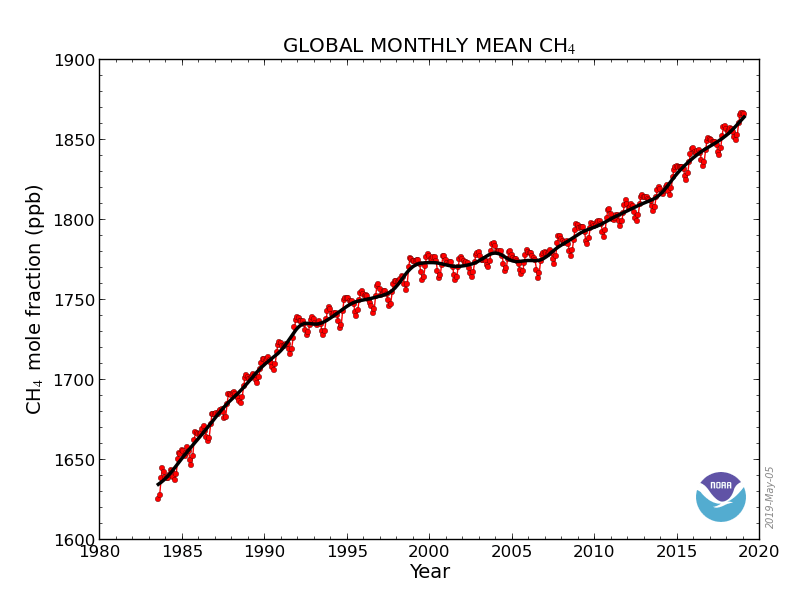Welcome to this “rough guide” blog series on the climate emergency and climate emergency campaigning. This series looks at some of the questions frequently asked about the topic: what does the science say, what is an emergency, does the climate crisis fit the bill, what can councils do, how can we talk about it, what needs to be done, what about business, can the political system deal with an issue this big? And many more. Climate emergency campaigning is relatively new. There are not too many recent precedents about how to achieve a change in society’s normal functioning to solve an overwhelming threat.
by David Spratt. First in a series.
Contemporary culture is fast-moving and unsettled. From constant digital disruption and precarious employment to insecurity about nations’ and peoples’ places in a globalised world, and changing expressions of identity, we live in a world that is restless.
The sociologist Zygmunt Bauman
writes of a “self-propelling, self-intensifying, compulsive and obsessive ‘modernisation’, as a result of which, like liquid, none of the consecutive forms of social life is able to maintain its shape for long.”
Twenty-first century consumerist culture is fashioned to fit individual freedom of choice, and to ensure that responsibility for choice and its consequences are on the shoulders of the individual, rather than society.
Bauman
describes a world of hyper-consumption: “Culture today is engaged in laying down temptations, luring and seducing, sowing and planting new needs and desires, a demand for constant change, serving the turnover-oriented consumer market.” Culture manifests itself as “a repository of goods, competing for the unbearably fleeting and distracted attention of potential clients”.
It is difficult to try and keep up. For many people, it is unsatisfying and seems out of control.
“Staying alive in the future”
Add in the darkening clouds of climate disruption, the degradation of Earth’s natural systems, and the proximity of the sixth mass extinction event in history, and it is not difficult to understand why people are disturbed about the future. Mental health issues are projected to be the biggest epidemic in the West this century. Deep concern about environmental and social crises are affecting more and more people.



















